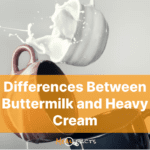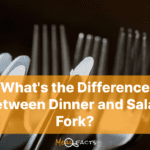
Why Eating Meat Bad for the Environment?
Humans adore meat, and the finest foods include sausages, fried chicken, steak, and bacon. Although only a few decades ago meat was a luxury item, Today you can get a cheeseburger for a dollar, eating meat has become so commonplace that many people no longer consider something to be a proper meal if there aren’t any animals involved. However, meat is actually one of the least efficient ways to feed humans, and if we look at it globally, our meat-heavy diet is literally eating up the planet. Below we will discuss in depth Why eating meat bad for the environment?
Table of Contents
What can we do about it and why is that the case?
Humans raise a lot of animals for food—there are currently over 23 billion chickens, 1.5 billion cattle, and roughly 1 billion pigs and sheep—and since there are so many mouths to feed, we’ve turned the world into a big feeding field. Approximately 83 percent of cropland is used for livestock.
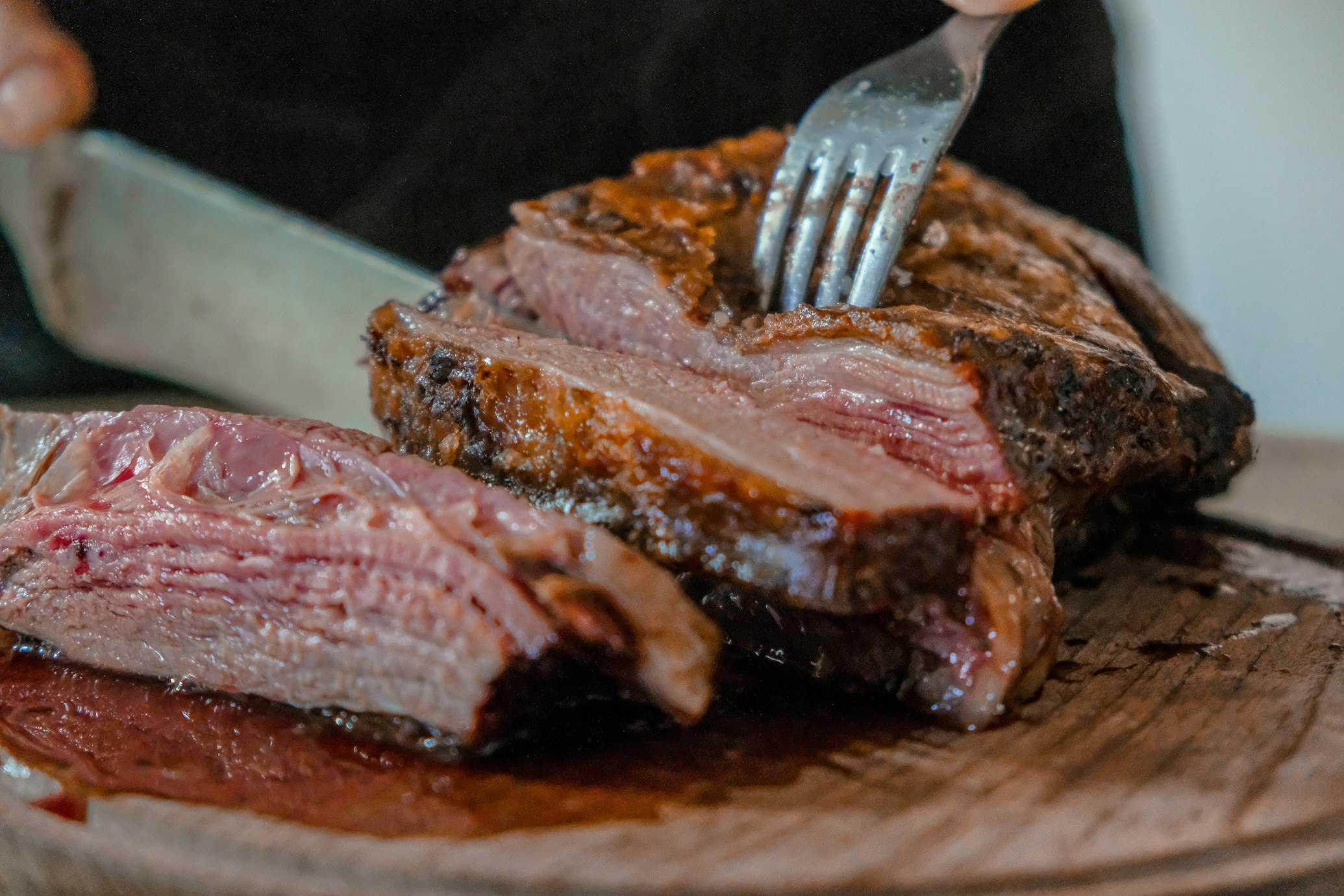
If we factor in the water needed for these plants, For instance, 26 percent of the earth’s total land area is used for pasture and to grow feed crops like corn and soy. 27 percent of the world’s fresh water usage is used for the production of meat and dairy products. Since animals are living beings, most of the resources they consume go toward keeping them alive, making meat production like a resource black hole.
Also Read: The Healthiest Breakfast Menu
Animal products are guzzling up tonnes of food, but only a small portion of the nutrients from fodder crops make it into the meat we purchase. For instance, cows only turn about 4% of the proteins and 3% of the calories from the plants we feed them into beef; more than 97 percent of those calories are lost to us. To produce one kilogram of steak, a cow needs to consume up to 25 kg of grain and up to 15,000 liters of water.
If humans only ate the things we feed animals to make our favorite food group, we could reportedly feed an additional 3.5 billion people.
Why meat is bad for the Environment?
The meat business produces more greenhouse gas emissions than all ships, planes, trucks, and vehicles combined, accounting for around 15% of all human-caused emissions.
Another aspect of meat is that it comes from living creatures; pigs, cattle, and fowl aren’t the ones writing history, but if they were, humans would come out as rabid maniacs who feed on agony; globally, we murder roughly 200 million animals every day, or 74 billion annually.
This indicates that we kill more creatures every 1.5 years than having lived throughout the past 200 000 years of human history.
We might eventually eat them, but we also provide them food, shelter, and the gift of existence, so one might argue that we’re doing them a favor. Unfortunately, we’re not very good gods. A large portion of our meat is produced in factory farms, which are vast industrial facilities housing thousands of animals and designed to be as productive as possible with little consideration for factors like quality of life. For example, most pigs are raised in enormous windowless sheds and never get to see the sun.
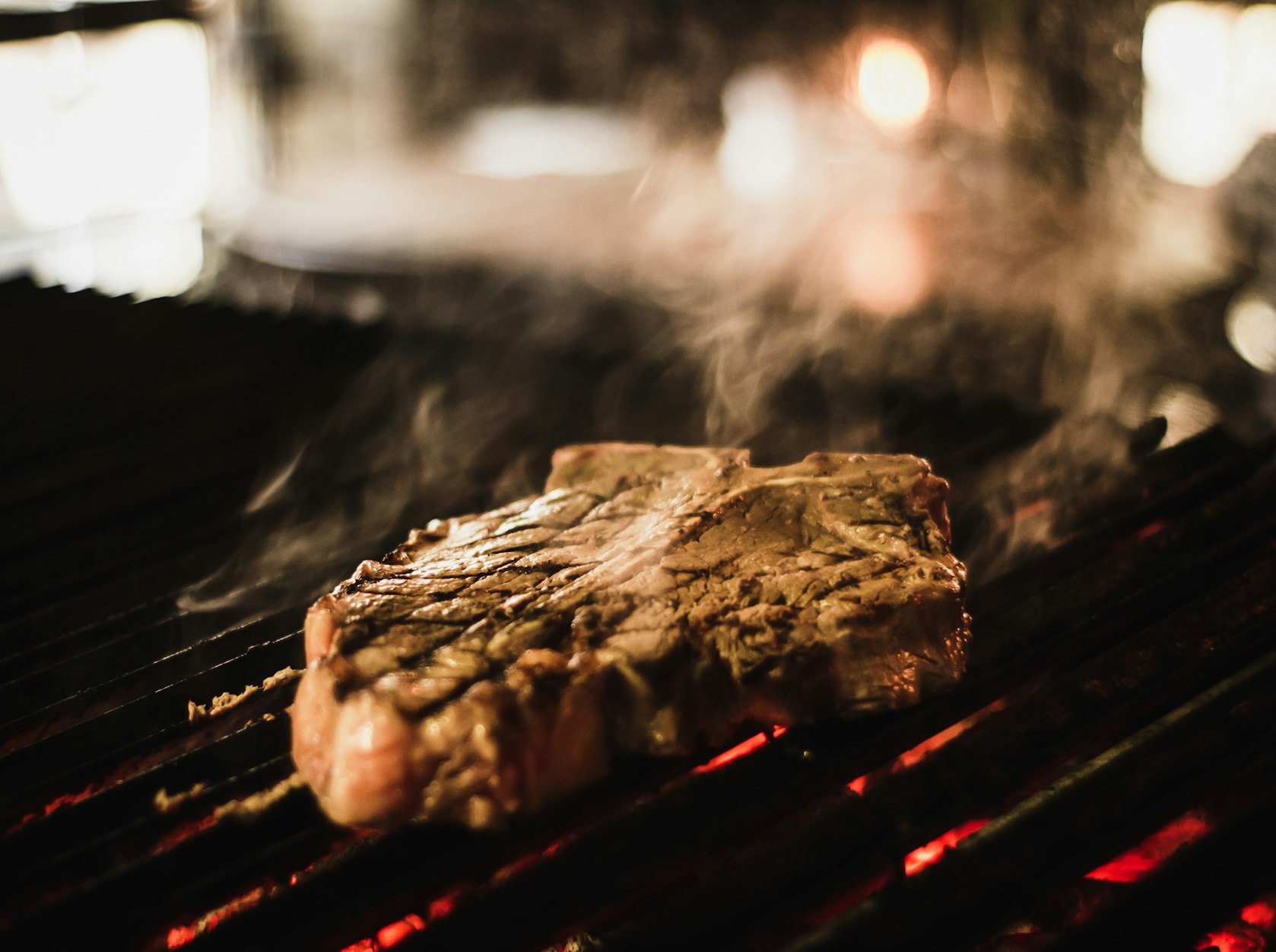
When it’s time for the sows to be turned into bacon dairy, they are kept in pens that are too small for them to turn around and give birth to litter after litter of piglets. When beef cattle are being fattened for slaughter, they are kept in feedlots, confined pens where they can’t roam and gain weight more quickly, making it possible to keep them so closely together without them contracting diseases. Cows are forced to breed continuously to ensure their milk supply, but they are separated from their calves hours after birth.
Up to 80% of the antibiotics we use in the US are for livestock, which is beneficial in the short term but also contributes to antibiotic resistance.
The chickens in factory farms may have gotten the raw deal since they are housed in such large numbers and close quarters that they are unable to create the social structures that they do in nature, leading to their starting to fight one another. To counteract this, we clip their beaks and claws. Even if you had a personal vendetta against chickens, how we treat them is beyond broken since male chickens are judged worthless because they can’t produce eggs and are unfit for meat production. As a result, within minutes of birth, they are typically gassed and ground into powder.
Why buy Organic Meat?
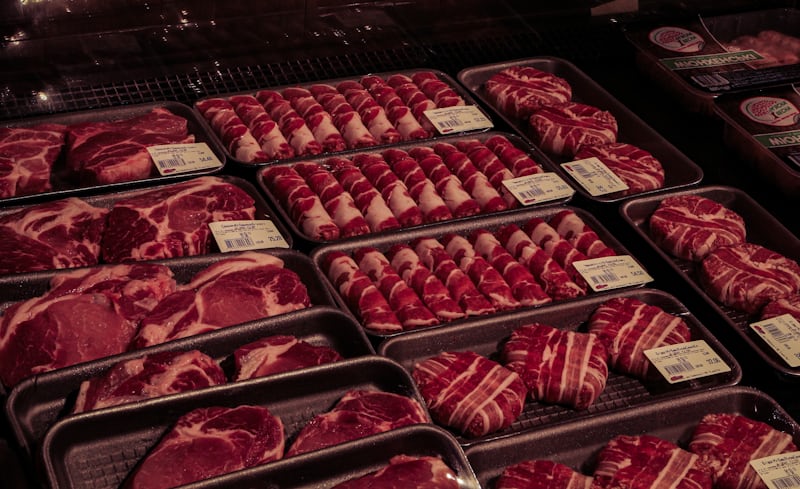
Therefore, it is advised to purchase organic meat from well-treated animals. According to EU standards, an organic hen still might share one square meter of space with five others, which is far from happy farms and chicks. Of course, there are farms that truly do their best, but meat is still a business, so the problem with organic is that it’s an elastic phrase. While farmers have been caught seeking ways to game the system and while organic meat may be less harsh, an organic label is a way to charge more.
Although purchasing organic meat is still desirable, it does not absolve you of responsibility because it consumes even more resources than conventional meat production. The truth is that we produce billions of tonnes of pain annually if it were a resource. Future generations will likely look down on the way we treat animals with disgust.
Also Read: Is Toast Healthy Breakfast? Find Out Here!
Another Truth
While all of these things are true, there is also the fact that steak is great. The best meals are hamburgers. It draws us together for family meals and barbecue gatherings, and while eating meat doesn’t necessarily make you a horrible person, it does satisfy a deep-seated need in our lizard brain. Eating meat also makes you happier. Being a vegetarian does not make you a nice person. How should we respond to the reality that eating meat is incredibly unsustainable and akin to horrifying torture given that life is complicated and so is the world we’ve created?
Other Options
- Choosing to refrain from eating meat more frequently is now the simplest option, and doing so once a week already has an impact.
- Go for chicken and pig instead of lamb and beef as they convert their feed more efficiently into meat, and if you’re going to have your steak you should eat it too as the average American throws out nearly a pound of food per day, a lot of it being meat
- If you want to eat meat produced with less suffering try to buy from trusted producers with a good track record even if it costs more to make an impact on the environment.
The Revolutionary solution
Future science might be able to provide us with clean meat, several startups have successfully grown meat in labs and are working to do so on a commercial scale. However, these types of solutions are still a few years away. For the time being, enjoy your steak but also respect it; if you can make it something special again, we have something else for you that’s also special and tastes even better than steak.
THANKS FOR READING





